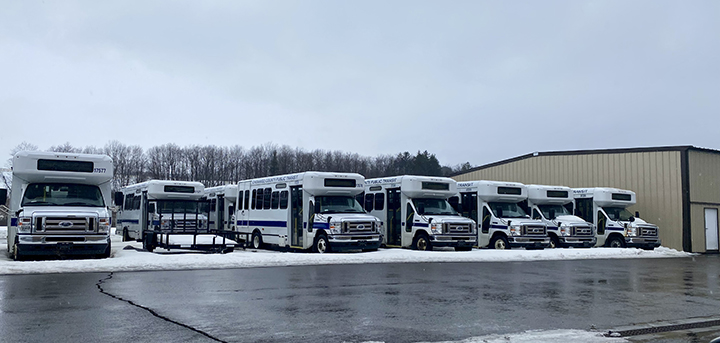What's the deal with mineral rights?
NORWICH – No one will ever sell property in Chenango County again without keeping the mineral rights for themselves or being substantially compensated for them.
That was the message from members of a special natural gas committee who met Tuesday at the County Office Building in Norwich. Property previously purchased by Norse Energy for future natural gas drilling is currently on the market without mineral rights, they said, and more is to come from the company and private landowners.
Chenango County’s Office of Real Property Tax Services Director Steve Harris received an earful as an invited guest of the committee. Not only was he questioned about the methodology of assessing land and mineral rights for two classes of owners for the same parcel, but whether Norse’s currently producing wells were being taxed.
Harris is charged with creating the county’s new ORPTS department, streamlining communications between local assessors and possibly developing assessing districts. Members of the committee specifically asked him to zero in on taxing properties with and without mineral rights, taxing natural gas production itself, handing tax-free exchanges of land and swaps for right-of-ways, and how land sales will ultimately affect local equalization rates.









Comments